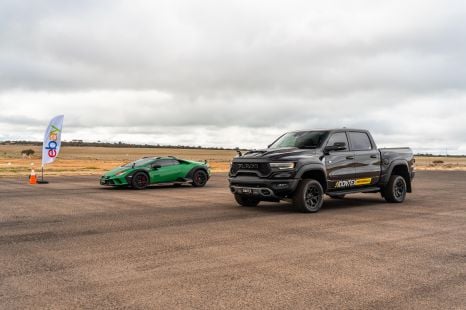

Paul Maric
1200hp RAM TRX vs Lamborghini Huracan Sterrato drag race
5 Hours Ago
GM says it's advocating for changes to Australian regulations surrounding driver assist technology and lighting so it can offer its latest tech.

News Editor
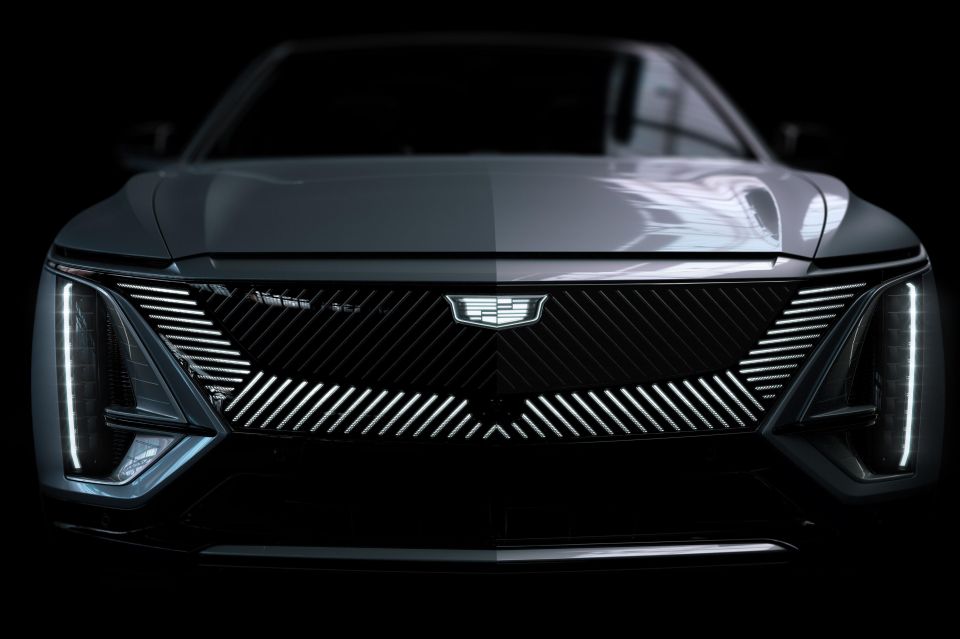

News Editor
General Motors wants to use Cadillac to lead its electric vehicle (EV) push in Australia, but it also wants the Federal Government to make changes to local regulations so it can offer luxury vehicles with its latest technology.
That includes making it legal for Australian buyers to take advantage of Super Cruise, GM’s Level 2 autonomous technology that allows drivers to take their hands off the wheel on defined highways.
“For us one of the things that would be a measure of success [in Australia] is helping improve policy and improve infrastructure as well by asking for it, advocating for it,” Lauren Indiveri-Clarke, communications director for GM International, told Australian and New Zealand media.
“The policy just doesn’t fully support [Super Cruise] in Australia and for us to invest in bringing it there… it’s a high cost of entry to bring Super Cruise to a market like that, we need to be supported by the local policy and infrastructure.
100s of new car deals are available through CarExpert right now. Get the experts on your side and score a great deal. Browse now.
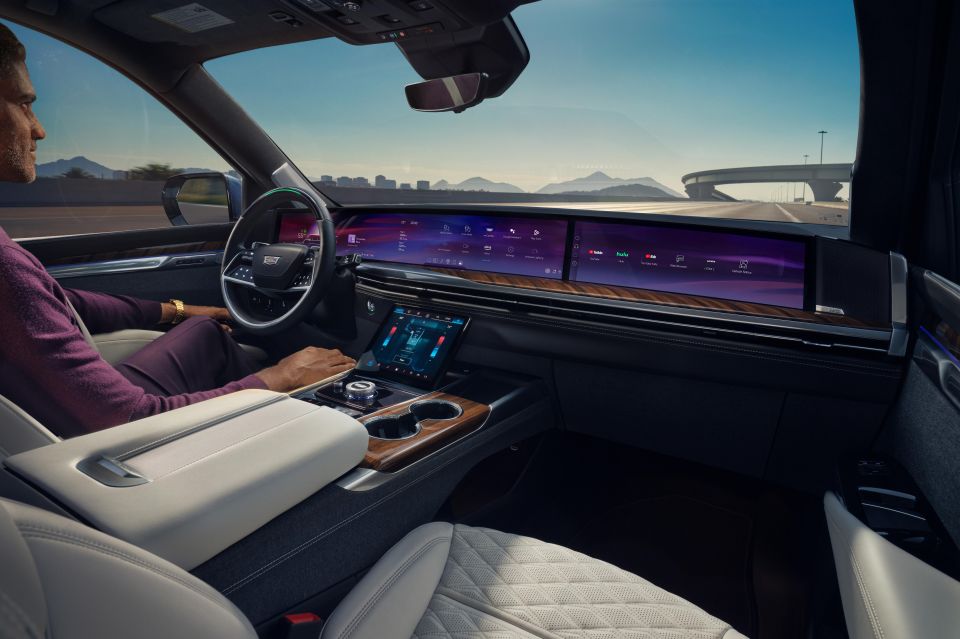
“And so for us success also is improving on some of these things that are holding Australia and New Zealand back so that we can bring some of our best technology there.”
Super Cruise combines adaptive cruise control and lane centring technologies, and can also complete lane changes.
Drivers need to keep their eyes on the road, but once the system is engaged on a supported road a light in the steering wheel will turn green and they can take their hands off the wheel.
The system relies on a combination of cameras, sensors and LiDAR map data, and GM claimed earlier this year the system could now be used on over 1.2 million kilometres’ worth of roads in the US and Canada.
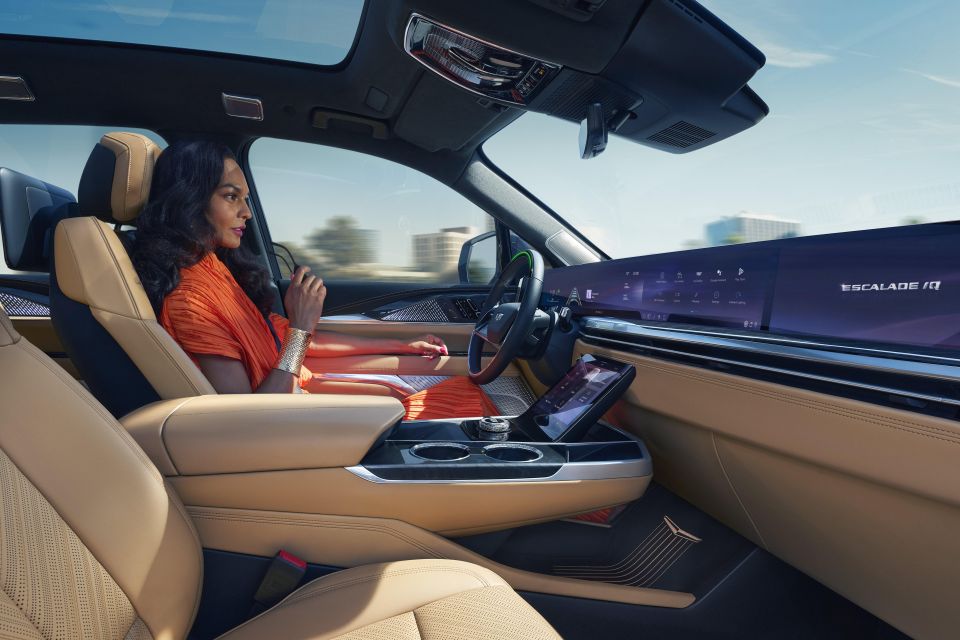
It’s available not only in Cadillacs like the Lyriq, but also in Chevrolets such as the Silverado and GMCs like the Yukon – models already on sale or soon to launch in Australia.
Most vehicles equipped with the technology support over-the-air updates, allowing additional supported roads to be added.
But while regulations in the US and Canada permit drivers there to take their hands off the wheel, this isn’t the case in Australia.
Another regulatory hurdle GM flagged is Australian Design Rules (ADRs) surrounding lighting.
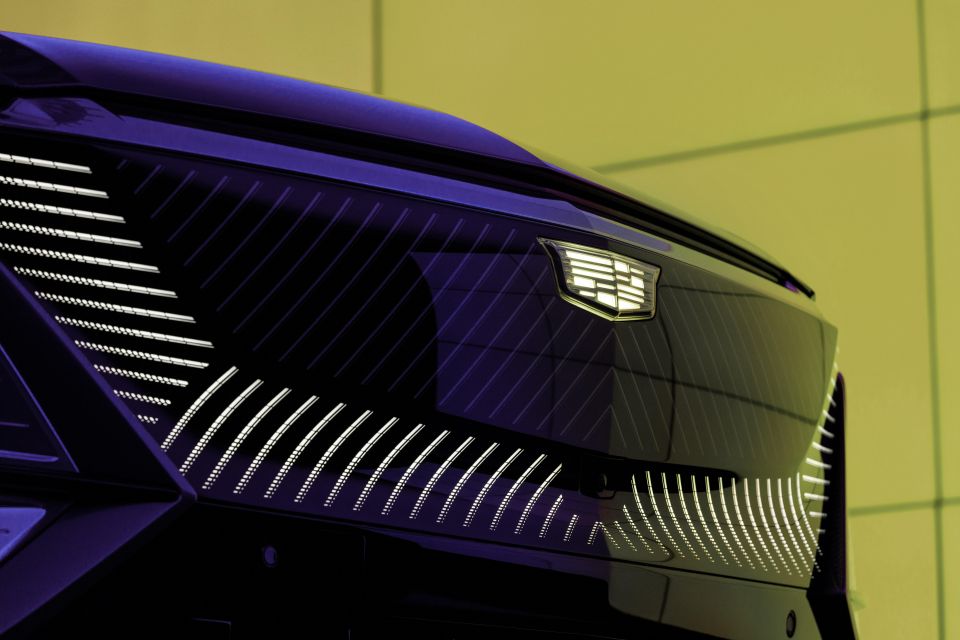
The new Cadillac Lyriq won’t feature illuminated grille highlights in Australia, even though these are offered overseas.
“I understand when you’re driving, but when it’s not driving, why can’t that be on? Why can’t you have that?” said Ms Indiveri-Clarke.
“And so, how do we advocate for better design rules? And we are in the background. We have a policy team dedicated to this type of stuff.”
GM is far from the only carmaker to push for changes to ADRs.
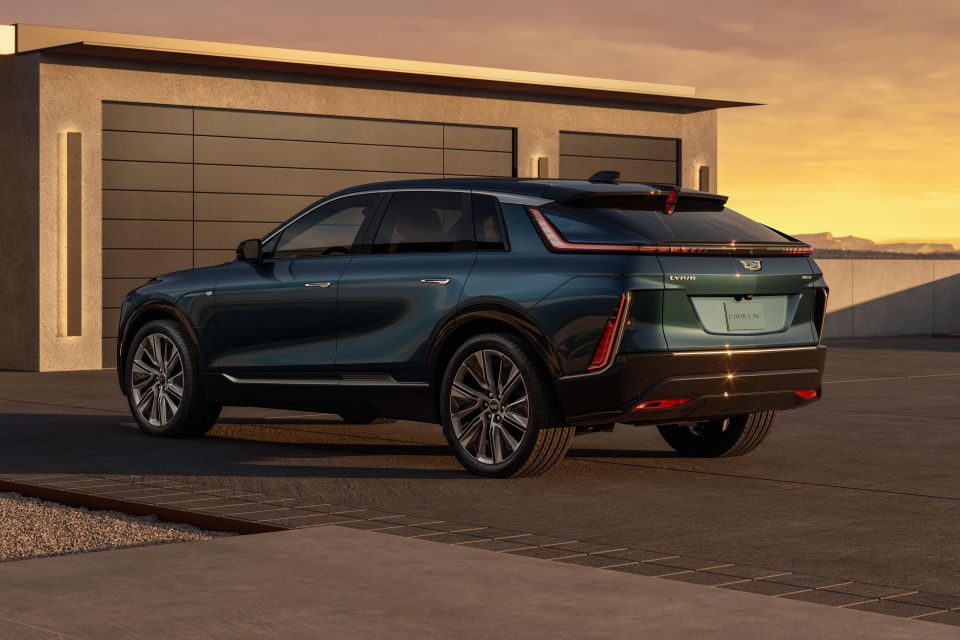
Mitsubishi has called for ADRs to be fully harmonised with UN regulations, or for Australia to at least accept equivalent standards in other “advanced markets” such as Japan, the European Union and the UK, which it says would have no impact on vehicle safety.
Nissan has also argued following UK- or Japanese-market standards could cut the time it takes to approve vehicles for sale in our market by more than half.
GM also wants to push for better EV charging infrastructure in Australia.
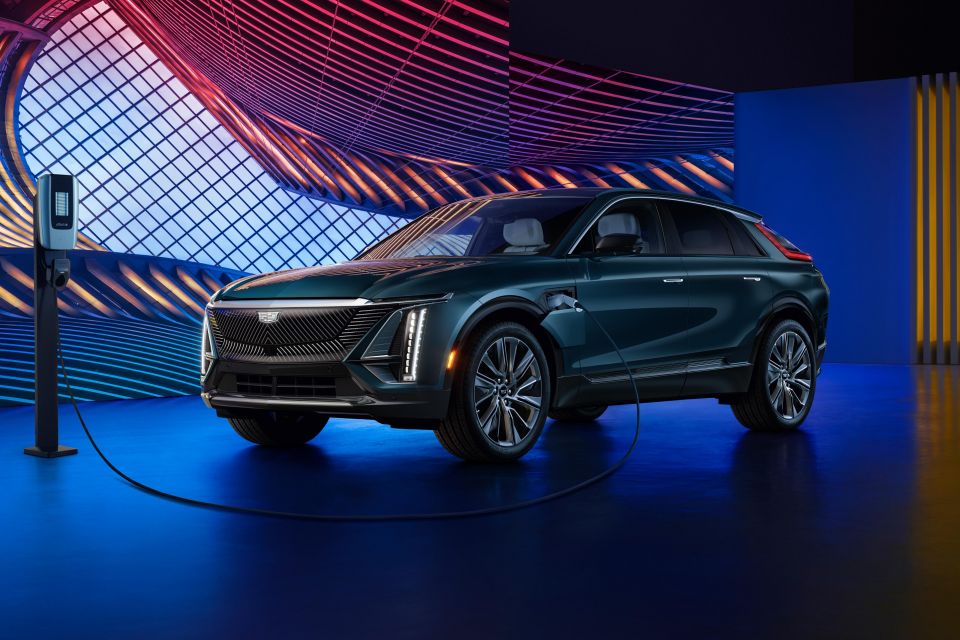
“Leading the EV transition… means taking ownership of improving the policy and infrastructure for customers across the industry by us advocating for the things that we’re capable of as a company and what our products can bring, and then going and saying, ‘Why can’t we do this? Can you help us make this better? How do we improve this?’” said Ms Indiveri-Clarke.
The Cadillac Lyriq will be GM’s first electric vehicle in Australia when it arrives later this year, with other electric Cadillacs expected to follow.
Thus far, no EVs have been confirmed for GM Specialty Vehicles dealers, which sell a mix of locally remanufactured and factory right-hand drive Chevrolet and GMC vehicles.
MORE: How Nissan wants to make it easier to bring more efficient cars to Australia MORE: Mitsubishi joins chorus calling to cut red tape around Australian vehicle imports
William Stopford is an automotive journalist with a passion for mainstream cars, automotive history and overseas auto markets.


Paul Maric
5 Hours Ago
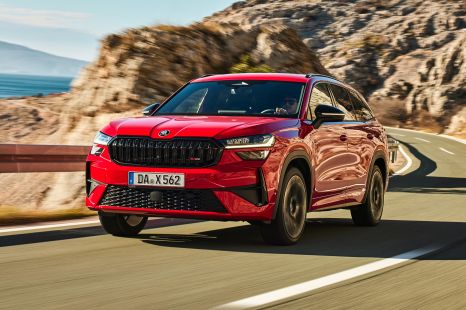

James Wong
12 Hours Ago
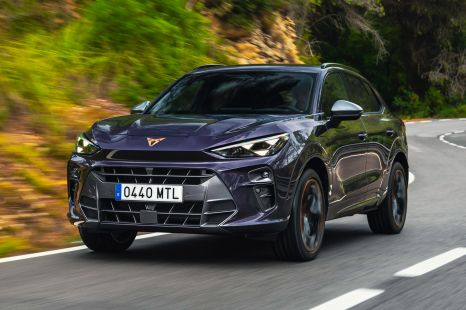

James Wong
12 Hours Ago


CarExpert.com.au
13 Hours Ago
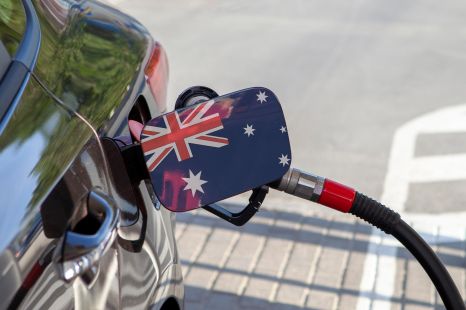

Damion Smy
14 Hours Ago
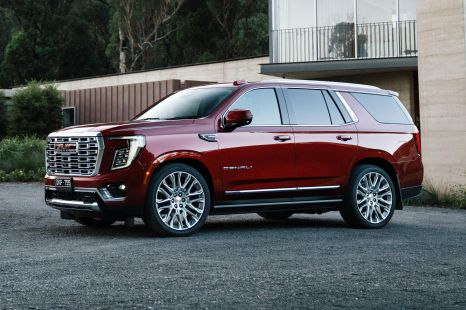

Alborz Fallah
14 Hours Ago